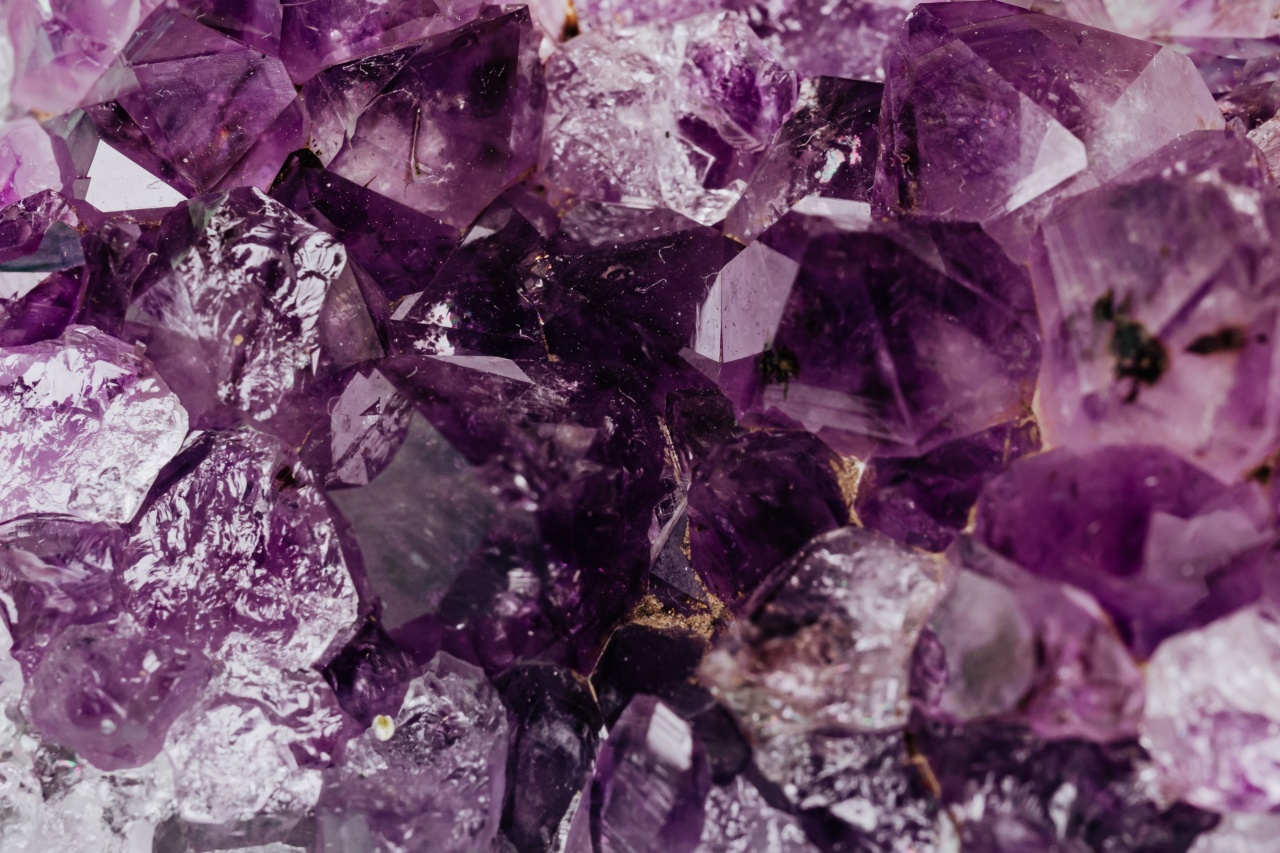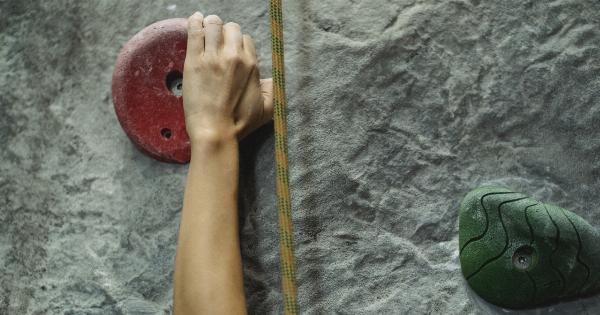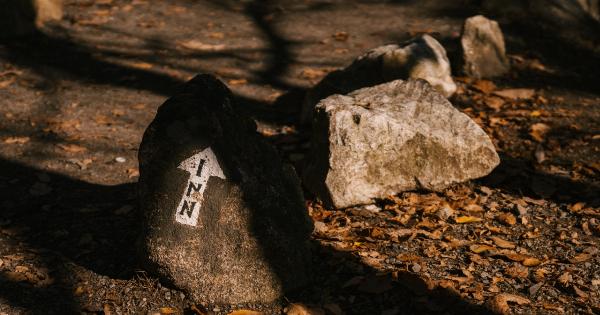If you have been experiencing abdominal pain, nausea or vomiting, or discomfort in your upper right abdomen, you might be wondering if you are suffering from bile stones.
Bile stones are small, hard deposits that develop in your gallbladder or bile ducts. They are most commonly made up of cholesterol or bilirubin, a substance produced when your body breaks down red blood cells.
Bile stones can range in size from a grain of sand to a golf ball and can cause a variety of symptoms. In this article, we will take a look at some of the symptoms of bile stones, how they are diagnosed, and what treatment options are available.
What are the Symptoms of Bile Stones?
Bile stones can cause a range of symptoms depending on where they are located and how large they are. Some common symptoms of bile stones include:.
- Abdominal pain or discomfort
- Nausea or vomiting
- Bloating or gas
- Indigestion or heartburn
- Yellowing of the skin or eyes (jaundice)
- Fever or chills
If you are experiencing any of these symptoms, it is important to see a doctor right away. While some people with bile stones may not experience any symptoms, others may develop serious complications if left untreated.
How are Bile Stones Diagnosed?
If your doctor suspects that you have bile stones, they will likely order a series of tests to confirm the diagnosis. Some of the tests that may be used to diagnose bile stones include:.
- Ultrasound: This imaging test uses sound waves to create images of your gallbladder and bile ducts.
- Blood tests: These tests can be used to check for signs of infection or inflammation in your body.
- CT scan: This imaging test uses X-rays and computer technology to create detailed images of your internal organs.
- MRI: This imaging test uses magnets and radio waves to create detailed images of your internal organs.
- Endoscopic retrograde cholangiopancreatography (ERCP): This procedure combines an endoscopy with an X-ray to view your bile ducts.
Your doctor may also order other tests or procedures based on your individual case. Once a diagnosis of bile stones has been confirmed, your doctor can discuss treatment options with you.
What are the Treatment Options for Bile Stones?
There are several treatment options for bile stones, depending on the size and location of the stones, as well as your individual health needs. Some of the treatment options that your doctor may recommend include:.
- Observation: If your bile stones are small and not causing any symptoms, your doctor may recommend simply monitoring them over time to see if they go away on their own.
- Medications: Your doctor may prescribe medications to help dissolve cholesterol stones over time. These medications can take several months to work and may not be effective for everyone.
- Surgery: If your bile stones are large or causing severe symptoms, your doctor may recommend surgery to remove them. There are several types of surgery that can be used to remove bile stones, including laparoscopic surgery and open surgery.
- ERCP: In some cases, bile stones can be removed using an ERCP procedure. During this procedure, your doctor will use an endoscope to locate the bile stones and remove them.
Your doctor will work with you to determine the best treatment plan for your individual needs and health history.
Preventing Bile Stones
While there is no guaranteed way to prevent bile stones from forming, there are several things that you can do to reduce your risk. Some tips for preventing bile stones include:.
- Eating a healthy diet that is low in fat and high in fiber
- Maintaining a healthy weight
- Exercising regularly
- Avoiding rapid weight loss or weight gain
By making healthy lifestyle choices and managing any underlying health conditions, you can lower your risk of developing bile stones.
Conclusion
Bile stones can cause a range of symptoms and can lead to serious complications if left untreated. If you are experiencing any symptoms of bile stones, it is important to see a doctor right away to get an accurate diagnosis.
With the right treatment plan, you can manage your symptoms and reduce your risk of complications.




























